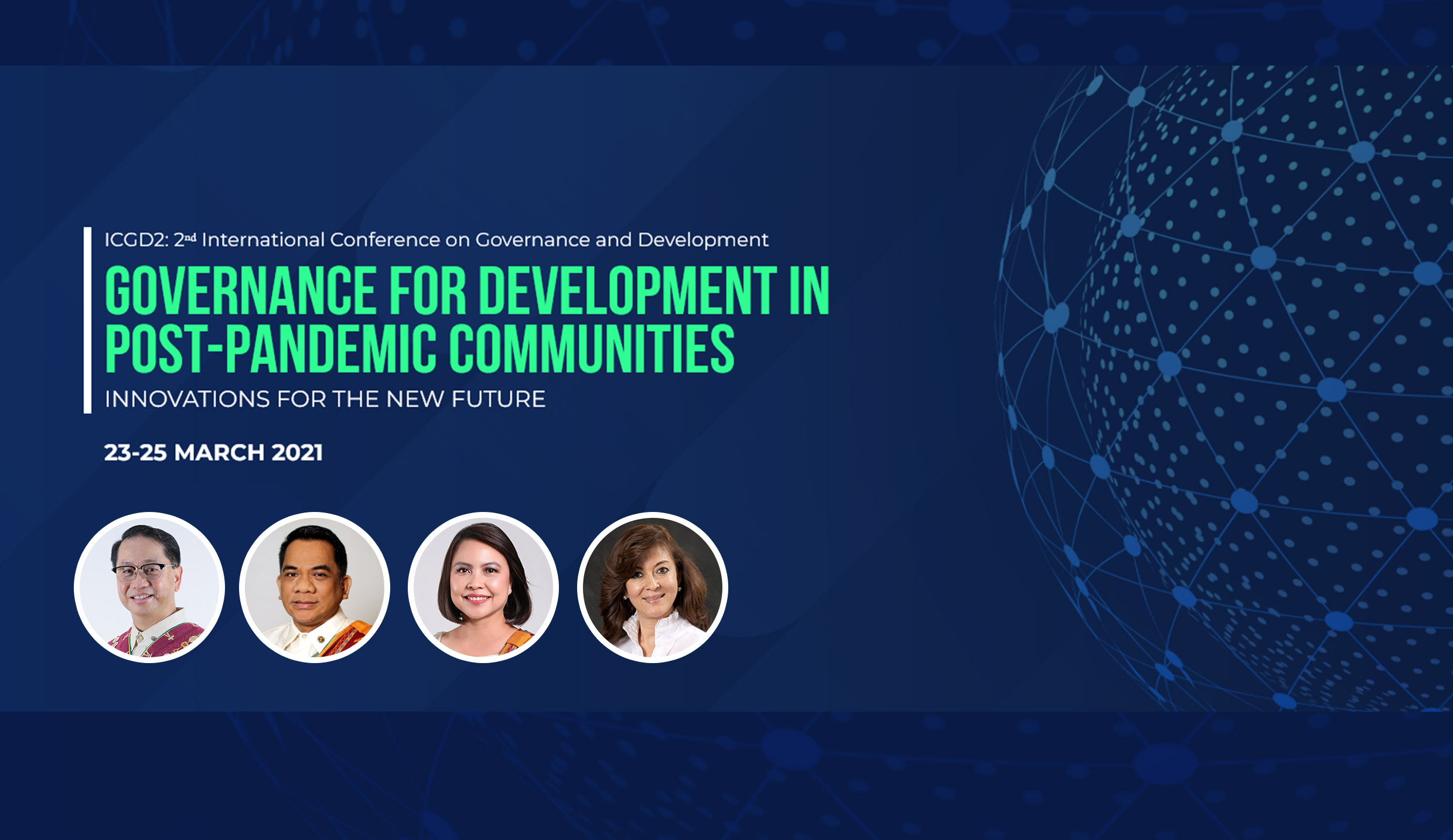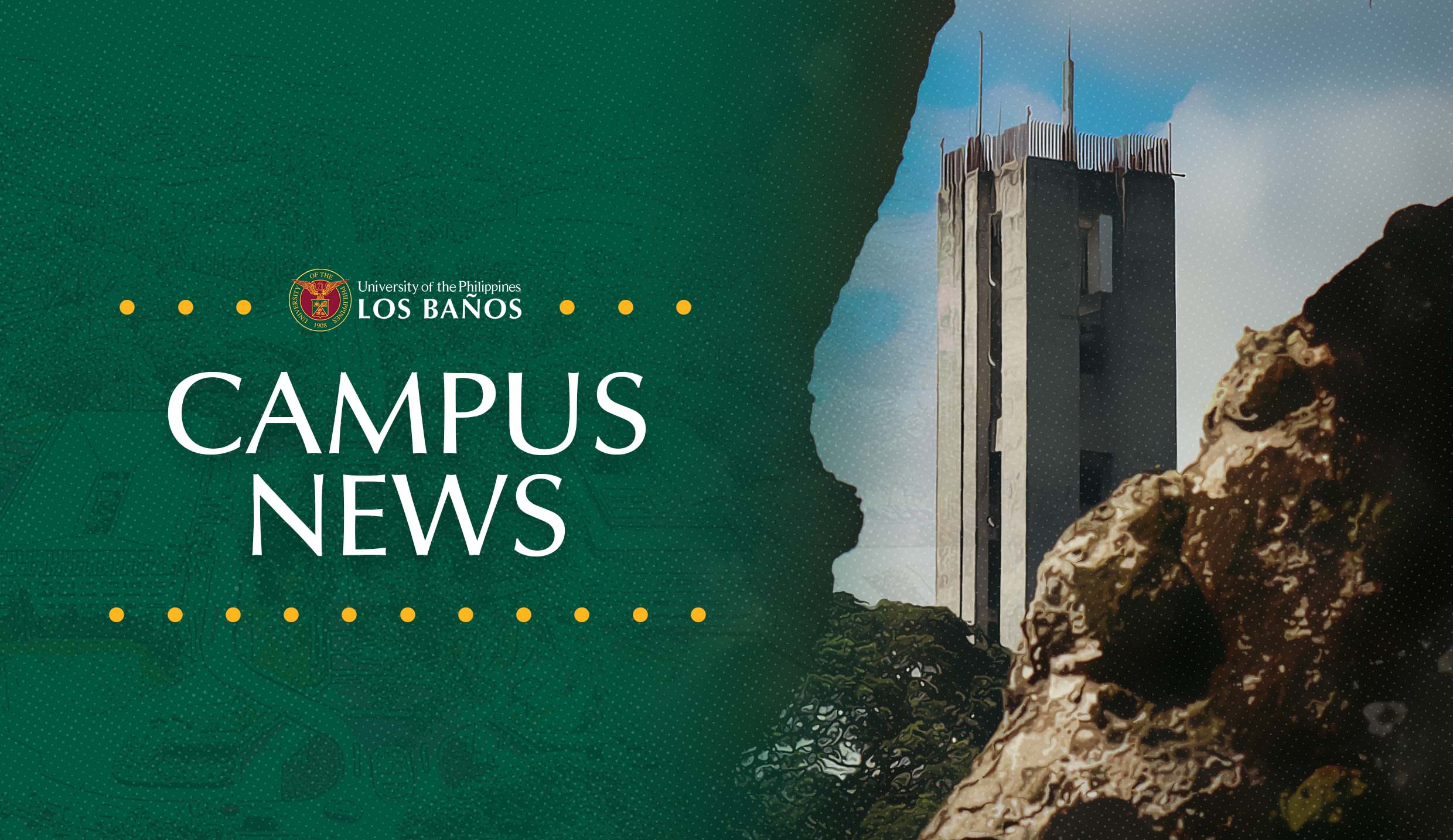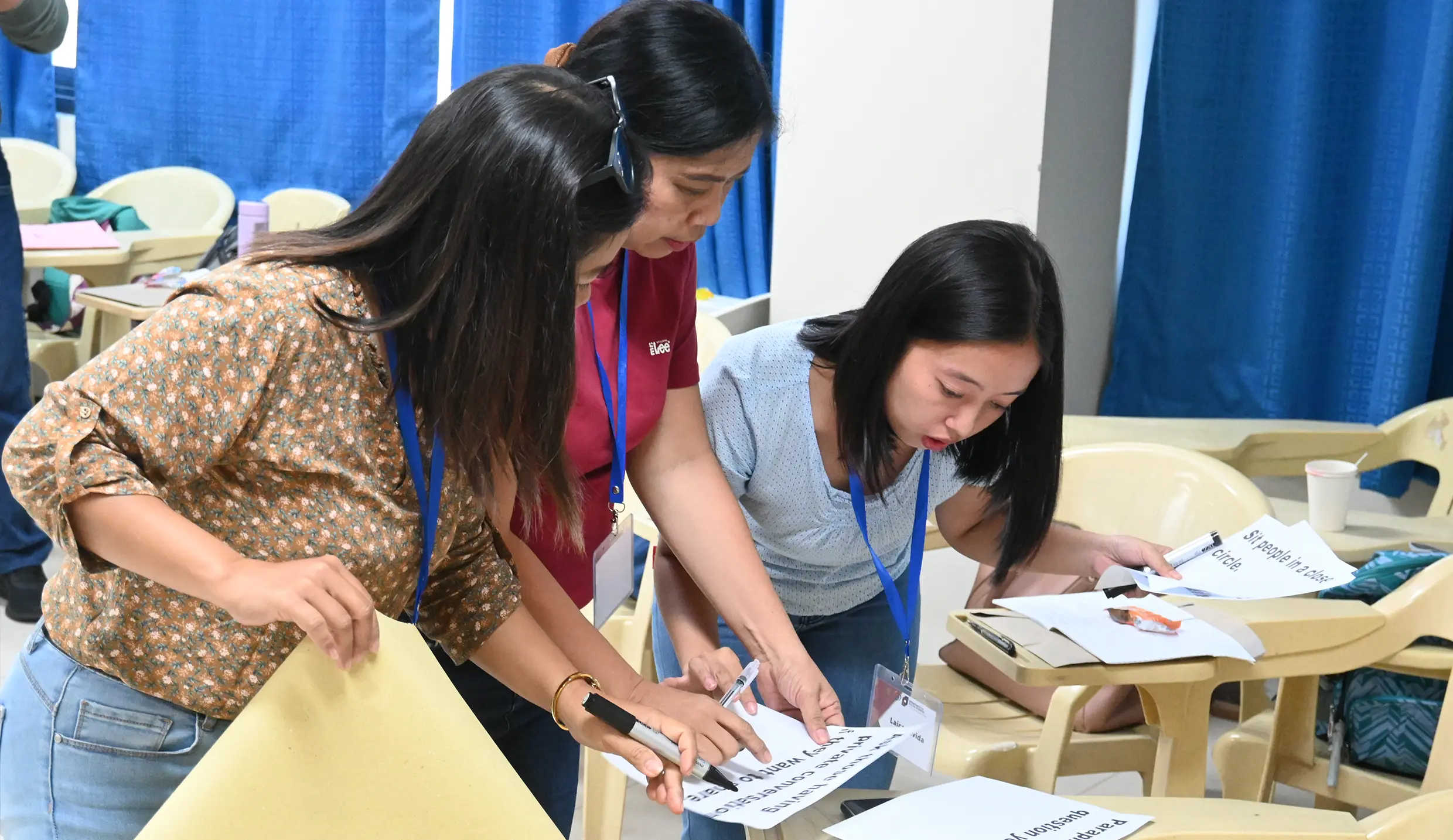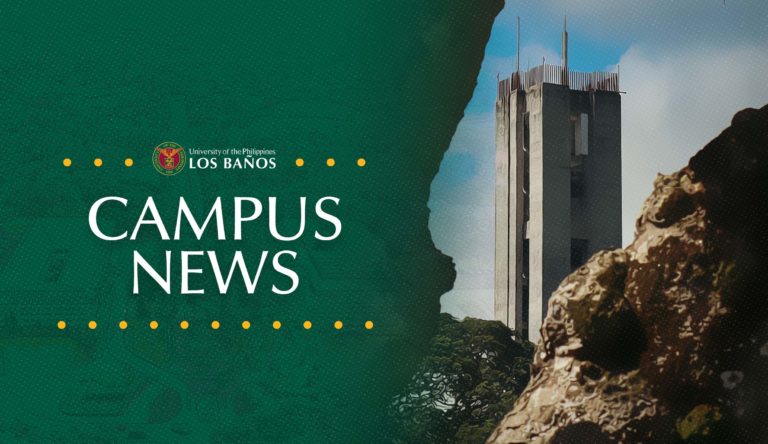
What recurring and emergent challenges will face governance actors in different development contexts post-pandemic? How can we use technology, and innovate in teaching and learning in order to address these challenges?
What are the impacts of the pandemic on the sectors and communities in the fringes of society?
These are some of the questions that the College of Public Affairs and Development (CPAf) is attempting to answer at the ongoing 2nd International Conference on Governance and Development (ICGD2).
Held via video conference on 23-25 March, ICGD2 has for its theme “Governance for development in post-pandemic communities: Innovations for the new future.”
The conference has three sub-themes: “Emergent Governance Issues and Innovations,” on the recurring and emergent challenges faced by governance actors in different development contexts; “Innovation Systems in the New Future,” which concerns studies related to formal and non-formal education, innovations in teaching and learning, use of ICT and other technologies in development, and the use of innovations; and “Development Dilemmas for Communities, Lessons Learned, and Promising Insights and Perspectives for the New Future,’ which highlights topics on impacts of the pandemic on disadvantaged groups, the informal sector, and communities, and other relevant community development issues.
In the opening program, UP President Danilo L. Concepcion summed up the response of the University to the crises brought about by the pandemic in a message to the conference participants.
“Science provided by the University, through its collective of epidemiologists, microbiologists, public health experts, computer and data scientists, economists, public administration and disaster specialists, social work and community development scholars and others, has been guiding the drafting and implementation of protocols, including the prioritization of communities for the delivery of vital resources for the pandemic,” says President Concepcion.
Chancellor Jose V. Camacho, Jr. for his part, gave emphasis to the lessons learned during the pandemic and on the need to translate them into future policies.
“While we will not know for certain when we can fully recover from the pandemic, it is important that we prepare ourselves to life post-COVID and remember all the lessons that the pandemic has taught us, and also translate all these important lessons and learnings into actual policies that will be implemented, monitored, and sustained,” Chancellor Camacho said.
Dr. Rowena DT. Baconguis, dean of CPAf, discussed the role of higher educational institutions (HEIs) in helping facilitate adaptive communities in a post-pandemic future through its functions of instruction, research, and extension.
“HEIs have proved that it is an active actor in the development process as faculty and staff engage in various community-based interventions that seek to promote adherence to health protocols and enhance food access; and take part in a wide variety of community engagements aimed to make a difference in their own localities,” she added.
In her keynote speech, Dr. Claudia Nancy Avellaneda, associate professor at the Paul H. O’Neill School of Public and Environmental Affairs in Indiana University, brought to light violence against women and the importance of pro women institutions.
She gave emphasis to the creation of small communities for women wherein they can express their needs. She also mentioned that political representation of other minority groups may also lead to active participation.
The ICGD2, which ends today, features plenary talks on its sub-themes and over a hundred papers in the parallel and organized sessions. It also opens publication opportunities with the Journal of Public Affairs and Development, as well as networking with different industry and academic experts. (John Glen S. Sarol)








